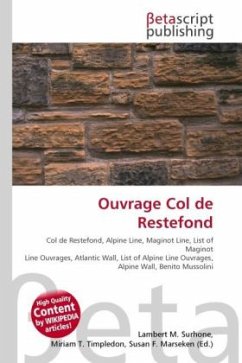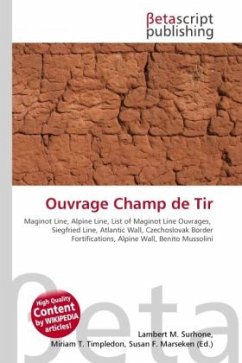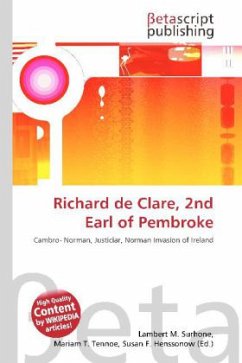Please note that the content of this book primarily consists of articles available from Wikipedia or other free sources online. Yehiel De-Nur or Dinur, (''De-Nur'' means ''of the fire'' in Aramaic), born Yehiel Feiner (16 May 1909 - 17 July 2001), was a Jewish writer and Holocaust survivor best known for his 1955 novel The House of Dolls, which he claimed was inspired by his time as a prisoner in the Auschwitz concentration camp. During World War II De-Nur spent two years as a prisoner in Auschwitz. In 1945, he moved to British-mandate Palestine (later Israel) and became a writer-historian survivor who wrote several works in Hebrew, which stemmed from his experience in the camp, under the identity he had been given by the guards at Auschwitz: Ka-Tzetnik 135633 (sometimes listed as "K. Tzetnik"). Ka-Tzetnik means "Concentration Camper" in Yiddish (deriving from "kat zet", the pronunciation of KZ, the abbreviation for Konzentrationslager); 135633 was De-Nur''s concentration camp number. He also used the name Karl Zetinski (Karol Cetinsky, again. the derivation from "KZ") as a refugee, hence the confusion over his ''real'' name when his works were first published.







